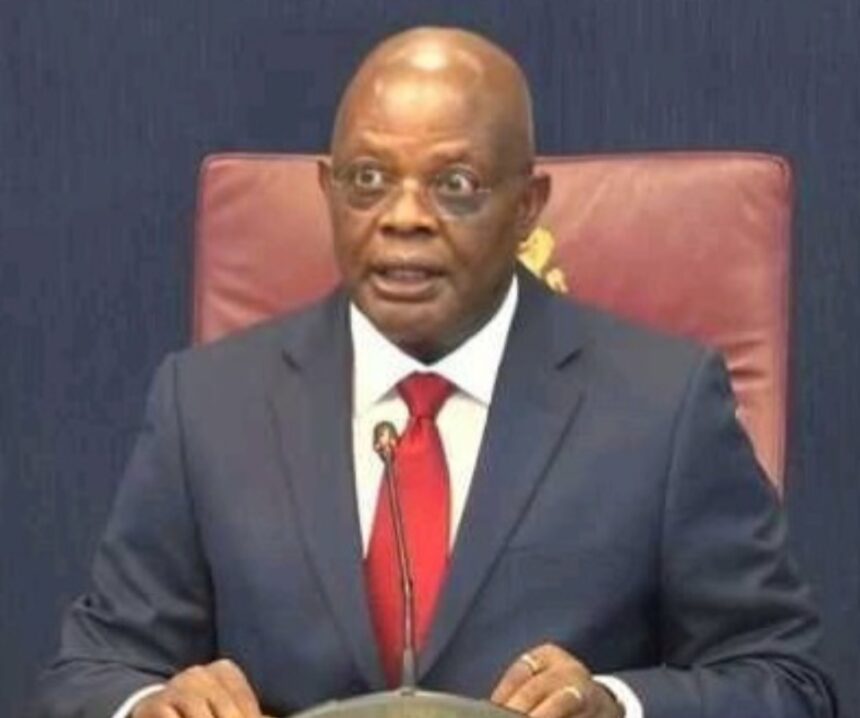The Federal High Court has summoned Rivers state’s Sole Administrator to explain why an injunction should not stop the appointment of Sole Administrators for 23 LGAs
Justice Mohammed highlighted fairness in governance, amid concerns that appointing Sole Administrators could undermine democracy in Rivers state
The case has sparked political debate, with the court’s decision on April 14, 2025, expected to impact local governance and constitutional practices in the state.…CONTINUE READING


Port Hacourt, Rivers state – The Federal High Court in Port Harcourt has summoned the Rivers state Sole Administrator.
We reports that this for him to explain why an interim injunction should not be granted to stop the controversial appointment of Sole Administrators for the state’s 23 Local Government Areas (LGAs).
This directive came after an ex-parte motion filed by the Pilex Centre for Civic Education Initiative and its Coordinator, Courage Nsirimovu, on Monday, April 7, 2025.
In his ruling, Honourable Justice Adamu Turaki Mohammed highlighted the importance of fairness in governance and ordered the Rivers state Administrator to “show cause” as to why the injunction should not be granted.
The applicants argued that appointing Sole Administrators instead of conducting elections could undermine the democratic process in the state, potentially violating the constitutional rights of citizens.
Justice Mohammed also issued a hearing notice for the next court session, scheduled for April 14, 2025, to further deliberate on the matter.
A. O. Imiete, the legal counsel representing the Pilex Centre, urged the court to grant the requested reliefs, presenting a written address to support the motion.
The respondent, however, was absent from the court proceedings, further adding to the tension surrounding the case.
Heightened political tension in Rivers
The appointment of Sole Administrators has sparked significant political debate in Rivers State, with many questioning the legality and constitutional standing of such actions.
Local governance, political representation, and the fairness of administrative appointments have become hot-button issues.
This has led to growing concern about the undermining of democratic processes, with the public and political observers eagerly awaiting the next court session.
The case, which is recorded as FHC/PH/CS/46/2025, is continuing to attract attention as it could set a major legal precedent in the state, impacting future administrative actions and the role of the judiciary in local governance.
This legal action has drawn attention from citizens and political analysts, who argue that the outcome of the case could significantly influence the political landscape of Rivers state.
As stakeholders eagerly await the April 14 hearing, all eyes are on the court’s ruling, which could provide clarity on the future of LGA governance and constitutional adherence in the state.




